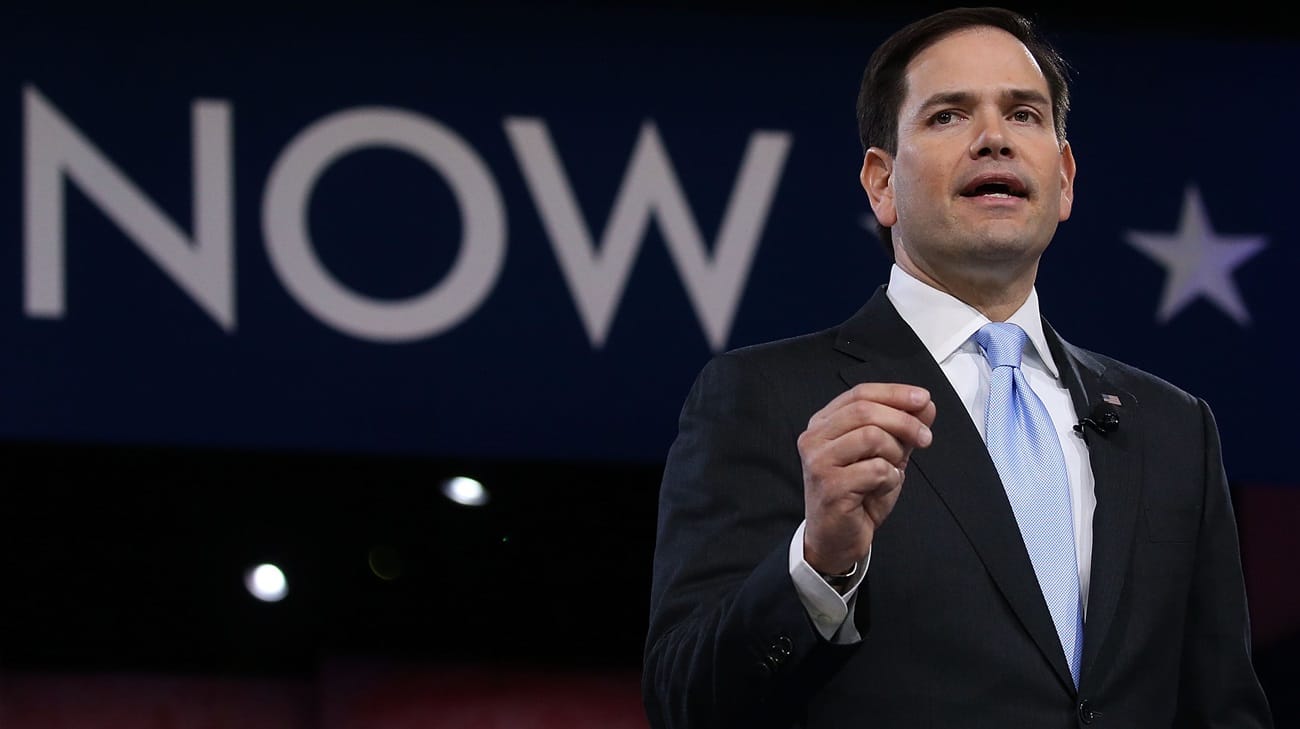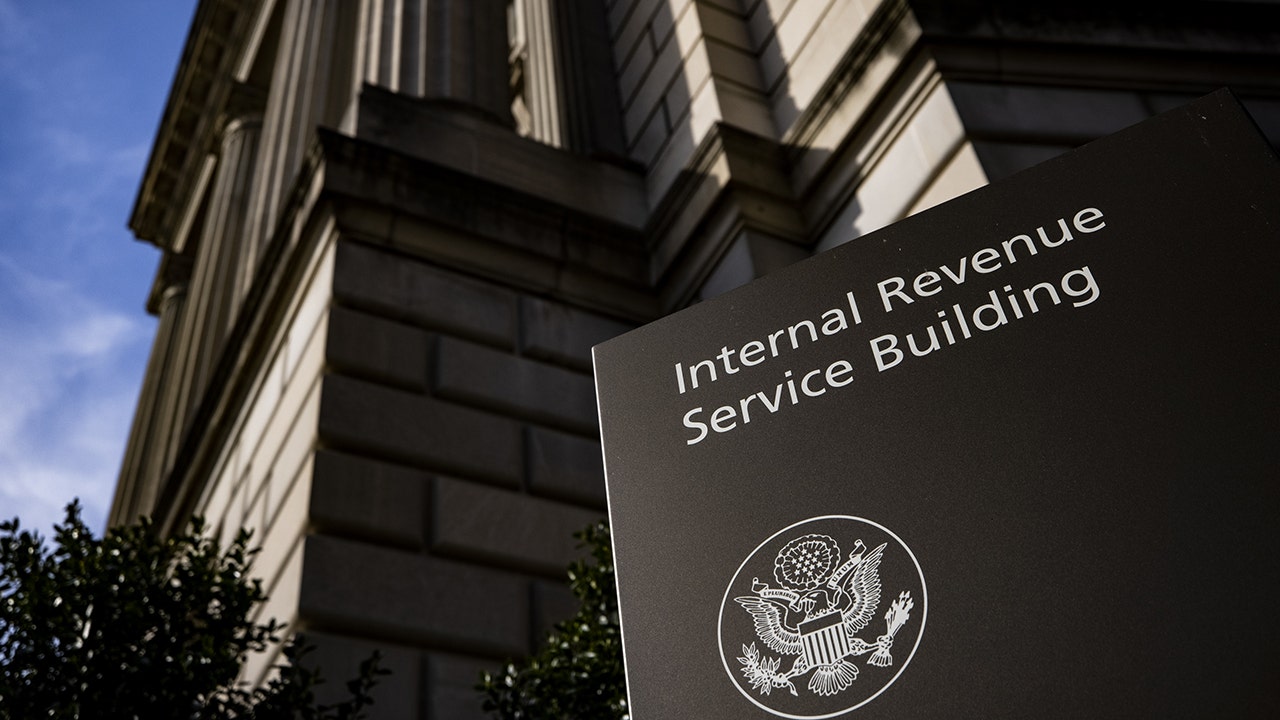Reporting by Kane Wu in Hong Kong and Scott Murdoch in Sydney; additional reporting by Selena Li and Xie Yu; Editing by Christian Schmollinger
Finance
Global finance chiefs to face tougher China questions at Hong Kong summit
/cloudfront-us-east-2.images.arcpublishing.com/reuters/LTGID5ACHBNODOMZUE6FDGCSII.jpg)
A screen showing the Hang Seng stock index is seen outside Exchange Square, in Hong Kong, China, August 18, 2023. REUTERS/Tyrone Siu/File Photo Acquire Licensing Rights
HONG KONG, Nov 3 (Reuters) – Global investment bank and asset manager chiefs are reuniting in Hong Kong next week amid geopolitical tensions and China’s economic slowdown, seeking to redefine their position in the world’s second-largest economy and its offshore financial hub.
The Global Financial Leaders Investment Summit, a flagship event hosted by the Hong Kong Monetary Authority, begins on Monday with participants including Goldman Sachs (GS.N) Chief Executive David Solomon, Morgan Stanley (MS.N) boss James Gorman, Citigroup’s (C.N) Jane Fraser, as well as HSBC’s (HSBA.L) Noel Quinn and Standard Chartered’s (STAN.L) Bill Winters.
The heads of Blackstone Group, Carlyle Group, Citadel and others will also speak at the event, which focuses on the main theme of “living with complexity”.
The executives are coming to Hong Kong as the city has shed hundreds of banking and asset management jobs because of the slowdown in China dealmaking and the tightened regulatory grip on the market since the inaugural summit last year. That meeting was billed as Hong Kong’s comeback as a global financial hub following the disruptions of the COVID-19 pandemic.
“The main question in the mind of everybody when they come to Hong Kong is how is the Chinese economy performing and what would be the swings coming from there,” said Diana Parusheva-Lowery, head of public policy and sustainable finance at the Asia Securities Industry & Financial Markets Association in Hong Kong.
The Hong Kong Stock Exchange is only the 11th-largest venue for initial public offerings this year, with merely $2.7 billion raised through the third quarter, a shadow of its top position in most of the last decade. The territory’s assets under management fell by 14% in 2022, official data showed.
Trading volumes have also slumped as foreign investors reduce exposure to a China they view as increasingly isolated by its opaque policies, struggling property sector and crackdowns on private enterprise.
“The structural slowdown in China’s economy, the omnipresent risk that U.S.-China relations might take another leg down in the future, the questions about whether private mainland money now prefers Singapore, none of that has really changed,” said Chris Beddor, Gavekal Dragonomics’ deputy China research director based in Hong Kong.
“And senior people in the financial sector are keenly aware of those issues, even if they don’t discuss them publicly,” Beddor said.
STRING OF LAYOFFS
Hong Kong’s financial job market, which saw an exodus of foreign employees during COVID, is unlikely to recover in the near term amid a challenging operating environment, recruiters and industry insiders say.
Goldman Sachs, Morgan Stanley and J.P. Morgan have trimmed dozens of bankers based in Hong Kong and mainland China this year, with key China dealmakers among those laid off.
The surprise merger between Swiss banking rivals UBS and Credit Suisse resulted in a brutal 80% reduction in the Credit Suisse investment banking staff in Hong Kong in August.
Canada’s largest pension fund CPP Investments also cut a number of Hong Kong-based staff members.
John Mullally, recruiter Robert Walters’ Hong Kong managing director, said hiring in private banking remains active, helped by wealth coming out of China to Hong Kong after the border reopened.
Hong Kong needs to be aware of competition from rival financial hub Singapore but Mullally expects Hong Kong to “regain some of the ground lost” despite the depressed dealmaking and trading.
Our Standards: The Thomson Reuters Trust Principles.

Finance
China’s central bank governor says stable yuan key to global financial stability

BEIJING (Reuters) – China’s central bank governor said on Sunday a stable yuan currency has been key to global financial and economic stability and Beijing will continue to let the market play a decisive role in deciding the exchange rate.
People’s Bank of China Governor Pan Gongsheng told a conference in Saudi Arabia that while most currencies have fallen against the dollar, the yuan has remained stable.
“Recently, a number of factors have pushed up (the) dollar index, and non-dollar currencies have mostly depreciated. But RMB (yuan) has remained largely stable despite the high market volatility,” Pan said at AlUla Conference for Emerging Market Economies.
He also noted that China was increasingly prioritising consumption, implementing pro-consumption policies such as increasing household income and providing subsidies.
China has emphasised that boosting consumption is a top economic priority in 2025, moving away from an over-reliance on investment to stimulate domestic demand and address potential export challenges.
Pan also said in his speech that China will adopt a proactive fiscal policy and an accommodative monetary policy, and strengthen counter-cyclical policy adjustments.
(Reporting by Selena Li, Sophie Yu and Ryan Woo; Editing by William Mallard and Jamie Freed)
Finance
DeepSeek Drives $1.3 Trillion China Stock Rally as Funds Pile In

(Bloomberg) — DeepSeek’s breakthrough in artificial intelligence is helping drive a rotation of stock funds back into China from India.
Most Read from Bloomberg
Hedge funds have been piling into Chinese equities at the fastest pace in months as bullishness on the DeepSeek-driven technology rally adds to hopes for more economic stimulus. In contrast, India is suffering a record exodus of cash on concerns over waning macro growth, slowing corporate earnings and expensive stock valuations.
China’s onshore and offshore equity markets have added more than $1.3 trillion in total value in just the past month amid such reallocations, while India’s market has shrunk by more than $720 billion. The MSCI China Index is on track to outperform its Indian counterpart for a third-straight month, the longest such streak in two years.
DeepSeek has shown “that China actually has companies that are forming a vital part of the whole AI ecosystem,” said Ken Wong, an Asian equity portfolio specialist at Eastspring Investments. His firm has been adding Chinese internet holdings over the past few months, while trimming smaller Indian stocks that had “run up way past their valuation multiples.”
The rotation marks an about-face from the pivot into India seen over the past several years, luring funds away from China. That was based on an India’s infrastructure spending splurge and its potential as an alternative manufacturing hub to China. Domestic-focused India has also been seen as a relative haven amid Donald Trump’s tariff plans.
China looks to be regaining its former appeal on a fundamental reevaluation of its investability, especially in tech. After scaring investors with corporate crackdowns not long ago, Beijing may actually help push the new AI theme, as indicated by the news that entrepreneurs including Alibaba Group Holding Ltd. co-founder Jack Ma have been invited to meet the nation’s top leaders.
DeepSeek-related developments are likely to help boost China’s economy as well as its markets, providing an extended boost, said Vivek Dhawan, a fund manager at Candriam. “If you put all the pieces together, China becomes more attractive than India in the current set-up on a risk-reward basis.”
The valuation differential adds to China’s allure as well. The MSCI China Index is trading at just 11 times forward earnings estimates, compared with about 21 times for the MSCI India Index.
Finance
Trump’s New Consumer Finance Regulator Loves Pleasing Banks

If you love junk fees, higher interest rates, fewer banking options, and all the other documented effects of bank mergers, then you (along with bank lobbyists) will likely love President Donald Trump’s new pick to run the nation’s consumer protection agency.
On Tuesday, Trump announced the new chief of the Consumer Financial Protection Bureau (CFPB), the consumer watchdog agency created in response to the 2008 financial crisis: Jonathan McKernan, a former banking regulator who’s pushed to approve bank megamergers that harm consumers and that the CFPB has actively fought to prevent.
Meanwhile, Trump and his cronies are freezing the agency’s operations and threatening to cut off its funding. As workers remain shut out of their offices, McKernan will now helm the agency — or what’s left of it.
During his recent tenure on the board of the Federal Deposit Insurance Corporation (FDIC), which insures and regulates banks, McKernan pushed regulators to more quickly approve bank mergers and voted against a landmark measure increasing scrutiny of massive bank consolidations and adding new protections for bank customers.
In March 2024, McKernan voiced his opposition to an early version of those protections: “I opposed [the policy] because it appeared to reflect a bias against bank mergers,” he explained in a later public statement.
Bank megamergers, research has found, lead to higher fees and higher minimum balance requirements for consumers. These consolidated banks also are more likely to fail, federal regulators argue, harming their customers and potentially setting off a broader economic tailspin. Lower competition among big banks can also decrease small-business lending and harm economic development.
Rohit Chopra, McKernan’s CFPB predecessor, supported the bank merger reform measure, which was enacted last September. Past regulators, Chopra has said, “completely defied” mandates to oversee banking mergers, “giving banks free rein to merge and concentrate resources in a few big cities” and enabling Wall Street to take advantage of consumers.
While Chopra’s big bank crackdowns led JPMorgan Chase’s CEO to promise a “knife fight” with the consumer watchdog agency, the banking lobby feels differently about McKernan. On Wednesday, the American Banking Association, the industry’s primary lobbying arm, released a statement saying that the organization was “hopeful that McKernan’s nomination marks an important turning point for the Bureau.”
-
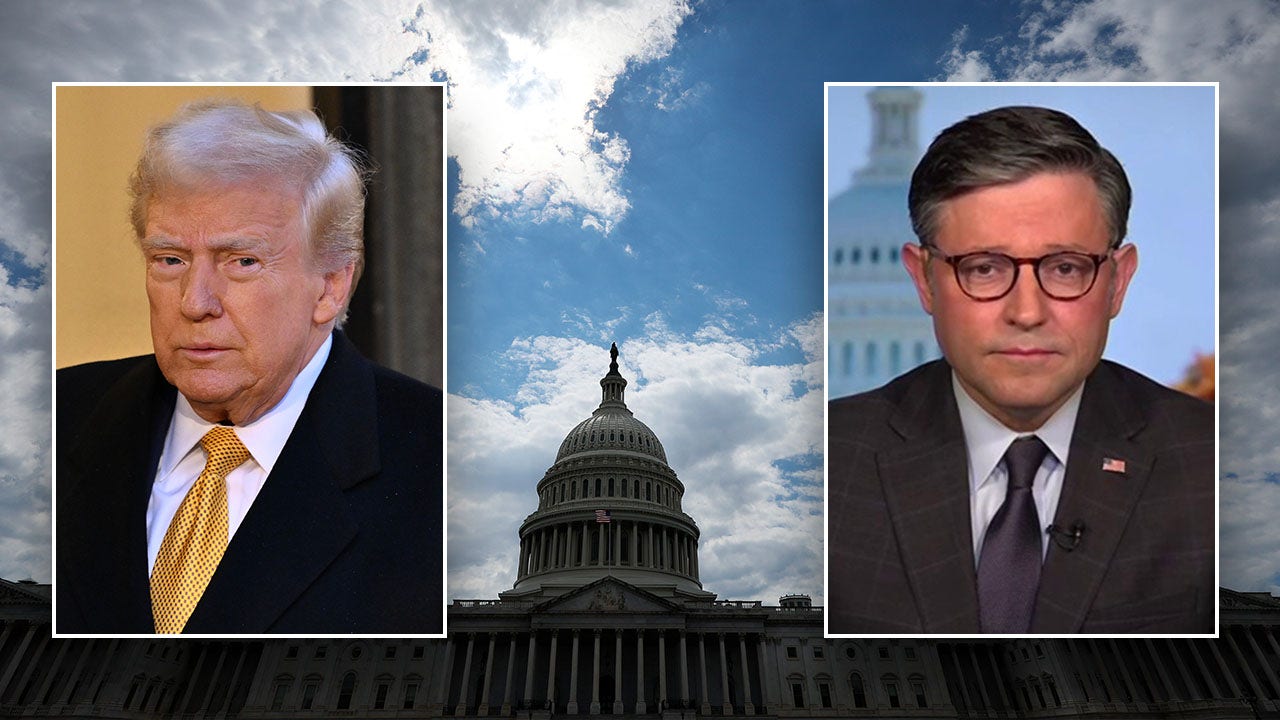
 Politics1 week ago
Politics1 week agoThe Hitchhiker's Guide to House Republicans releasing their tax and spending cut plan
-

 World1 week ago
World1 week agoCyprus jails Syrian man over death of young girl on migrant boat
-
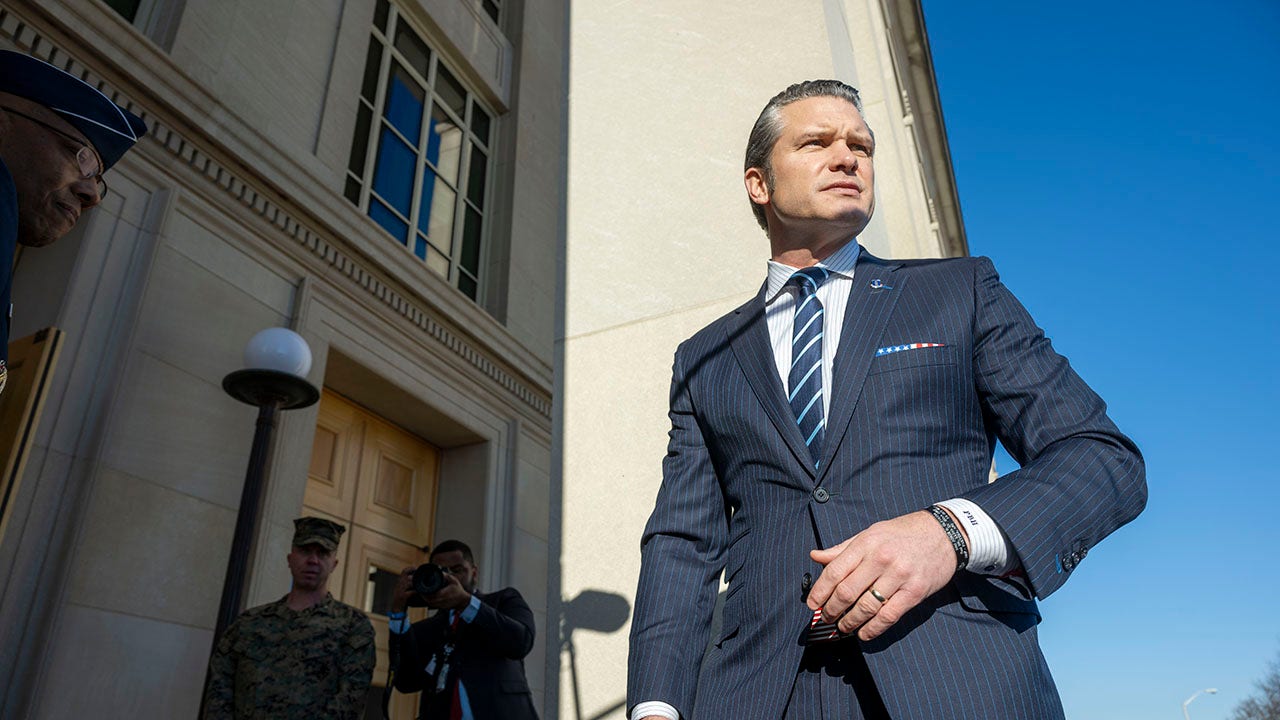
 Politics1 week ago
Politics1 week agoHegseth to look into 'what went wrong' in Afghanistan and pledges accountability, slams diversity motto
-

 Culture1 week ago
Culture1 week agoOne last MLB free agent for every team: Finding new homes for 30 available players
-
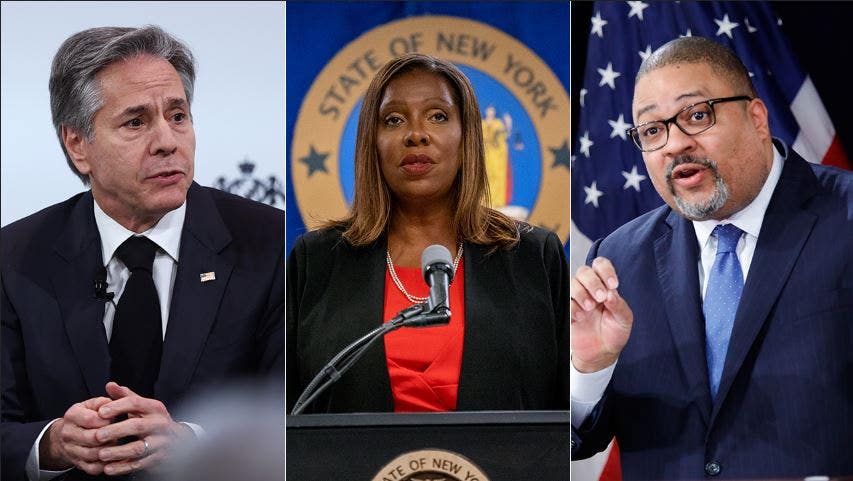
 Politics1 week ago
Politics1 week agoTrump removes Antony Blinken, Letitia James, Alvin Bragg's security clearances among others
-

 World1 week ago
World1 week agoIsraeli air strike kills 6 in eastern Lebanon amid fragile ceasefire
-

 News1 week ago
News1 week agoTrump says he is revoking Biden's security clearances
-

 News6 days ago
News6 days agoMotley Crue lead singer Vince Neil's plane rams into parked jet at Arizona's Scottsdale Airport – The Times of India


















